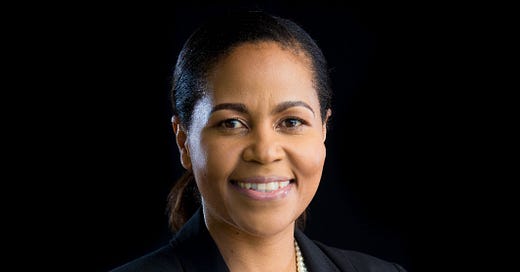Global Financial System 'Rigged Against Developing Nations,' Critics Say at IMF Meeting
Critics argue the current global financial architecture unfairly favours wealthy nations, describing it as "extractive, neo-colonial, unfair and unjust."
WASHINGTON — African finance ministers and development experts are challenging the International Monetary Fund's push for fiscal consolidation amid a deepening debt crisis with more than half of African nations now facing debt distress, writes Winston Mwale.
During the IMF and World Bank Annual Meetings in Washington on October 25, 2024, IMF Managing Director Kristalina Georgieva acknowledged the global economy's struggles, noting that "families are hurting" as the world faces a "low growth-high debt trajectory."
The situation is particularly dire in Africa, where four countries — Chad, Ethiopia, Ghana, and Zambia — have already defaulted on their debt and entered restructuring programmes under the G20 Common Framework.
According to the United Nations Conference on Trade and Development, more than half of African countries now allocate more funds to debt service interest payments than to education, health, and public investments combined.
"Many countries are forced to pay debt at the expense of people's lives," says Diana Mochoge, AFRODAD's Lead on Domestic Resource Mobilization.
"IMF's fiscal consolidation policy imposes austerity measures leading to cuts in key sectors such as health and education."
In countries like Kenya, nearly 70% of tax revenues for the upcoming fiscal year will go towards debt servicing, a pattern repeated across numerous African nations.
Despite public protests against austerity measures in countries including Argentina, Bangladesh, Kenya, Nigeria, and Uganda, the IMF continues to advocate for fiscal consolidation.
Tatenda Mzezewa from AFRODAD sees potential for change through South Africa's G20 presidency.
"This provides an opportunity to advance sovereign debt solutions that go beyond the Common Framework and take these important conversations to democratic platforms in the United Nations," Mzezewa says.
Critics argue the current global financial architecture unfairly favours wealthy nations, describing it as "extractive, neo-colonial, unfair and unjust."
They point to challenges including climate shocks, shrinking fiscal space, and regressive tax policies that disproportionately impact vulnerable populations.
The upcoming Fourth Financing for Development Conference in Spain in 2025 is being viewed as a crucial opportunity to address these structural challenges and potentially reshape the global financial system to better serve developing nations.









